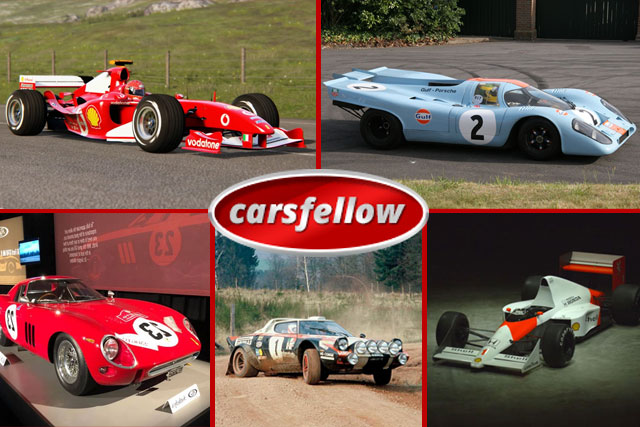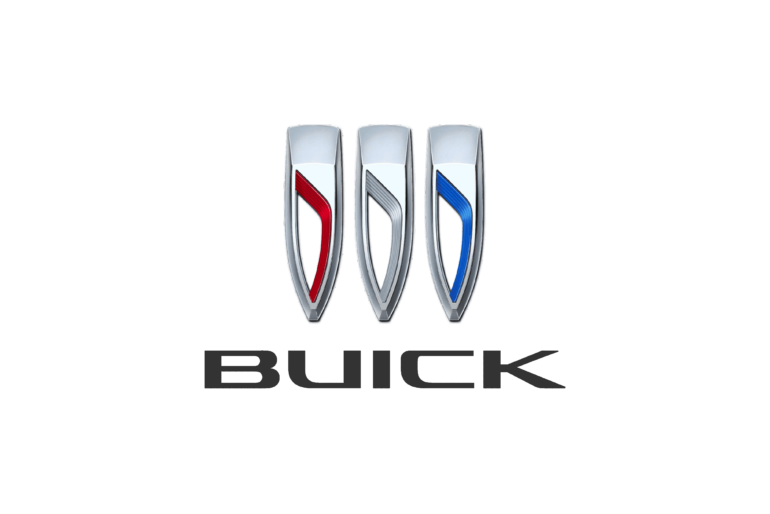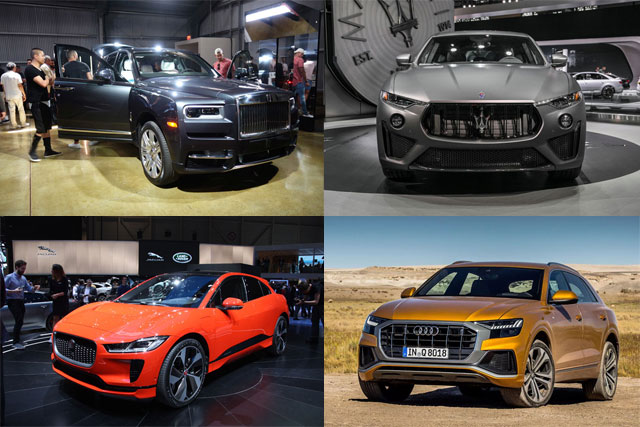Buying Pre-owned Car
Buying a pre-owned car is a great way to make some savings on your vehicle fund; however, many people end up making a wrong purchase for the simple reason of not knowing enough about buying a pre-used vehicle.
Whether new or pre-owned, buying a car is a major expense and one that must be made with utmost care. If you have your heart set on a mean machine but don’t want to spend a fortune owning a new one, here are 5 tips that will help you select and buy a good pre-used automobile you won’t regret owning.
Set A budget:
The reason why most people opt for a used car instead of a new one is to be able to own a vehicle at a much lower price and save a few thousand dollars in turn. If you’ve set out to buy a pre-owned car, you most likely already have a budget in mind.
It is, however, easy to go overboard once you’re out there looking at all the spruced-up used automobiles vying for your attention. Exceeding your budget by a few hundred dollars for a vehicle you really like will likely not topple your finances, but refrain from buying a car you know you can’t afford even at a resale price.
So stick to your budget no matter what—you might need funds for unexpected repair work.
Create A Shortlist of The Brands and Models you Love (and can afford):
How does this help? It helps to tick out the unviable options and make the task of buying a good pre-owned car a lot easier. When you narrow down your choices, you’re less likely to feel overwhelmed with everything you see online or at a brick-and-mortar dealership. Cancelling out the unaffordable or impractical options helps in faster and wiser decision-making.
Bristol Mercedes specialist Steve Mowat, who has decades of experience in the service, repair, and sale of the coveted Mercedes-Benz, advises that used luxury cars should only be bought from recognized and reputable dealers who have the expertise and experience to repair, maintain and sell pre-loved automobiles. This ensures that you won’t end up spending your money on a vehicle that’s either not worth the price or needs to be towed back to the service center every now and then.
Take The Time To Compare Prices:
A good way to go about this is to shortlist four brands/models that you would love to own and then compare them in terms of pricing and suitability to your lifestyle. Also, note that the price of a used automobile would vary depending on where you buy it. Used-car dealerships would generally offer you a better price than, say, those selling new cars, simply because the former specialize in buying, repairing and selling pre-loved vehicles.
For a deal that offers the maximum value for your buck, take the time to compare prices of your preferred models at different sellers.
Evaluate The Car’s Condition:
Once you’ve found the car that you could buy right away, step back and remind yourself to make a thorough inspection of the vehicle’s condition as well as documents. Getting a vehicle history report is a wise first step to know more about a pre-used car. Next in line is the test drive. Remember that a test drive is not merely a means to determine if the vehicle drives and sounds good; it’s also your opportunity to check the general condition of the car’s interiors, determine if it’s comfortable to drive and ride in, and, most of all, if it’s spacious enough to suit your needs.
Once you’re satisfied that the car is in a good condition, the next crucial step is to have it inspected by a certified automobile mechanic. Why is this important? Because it is impossible for a layperson to ascertain the true condition of a vehicle’s key components. This small expense may end up saving you thousands in the long run.
Complete The Paperwork and Close The Deal:
Once you’re assured about the condition of the car, don’t hesitate to negotiate a better price. The seller might just agree to your offer – you’ll never know until you ask!
Lastly, check that the important documents are in place and complete the necessary paperwork toward registration, insurance, and warranty. A dealership salesperson might offer you additional insurances and accessories; pick wisely to avoid escalating your overall spend on the vehicle. To sum up, avoid getting carried away—you can always come back for that cool new music system a few months later.







